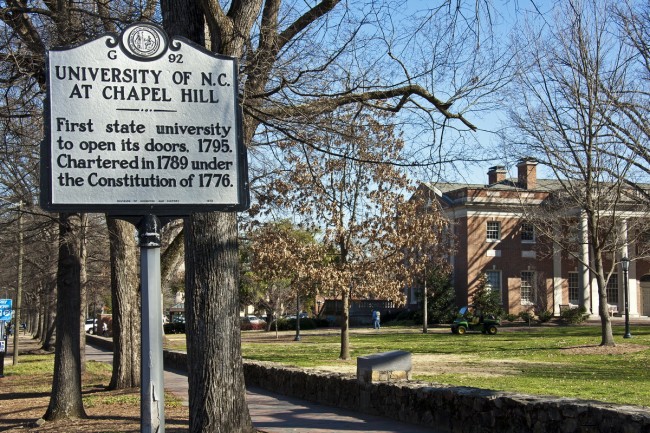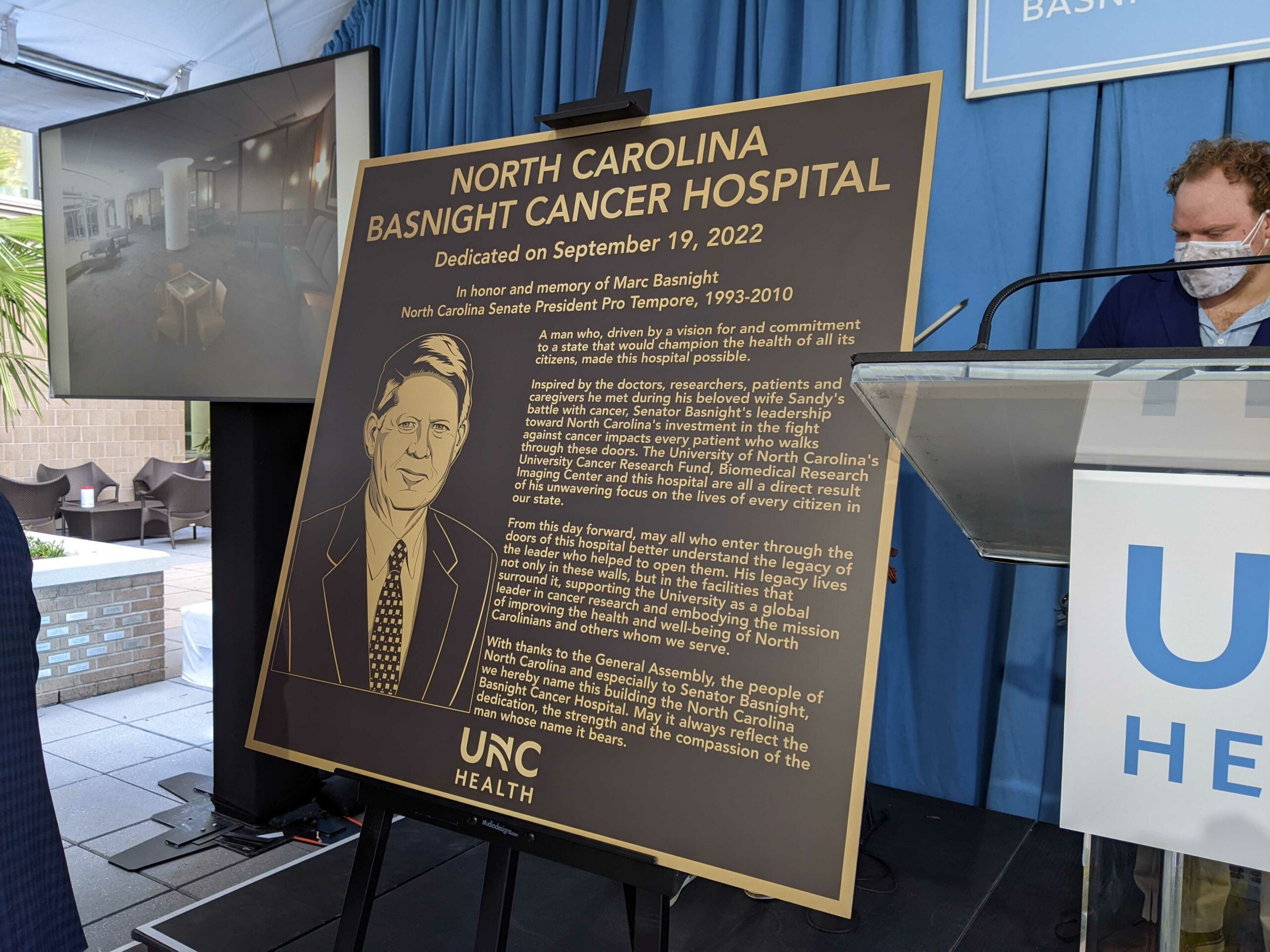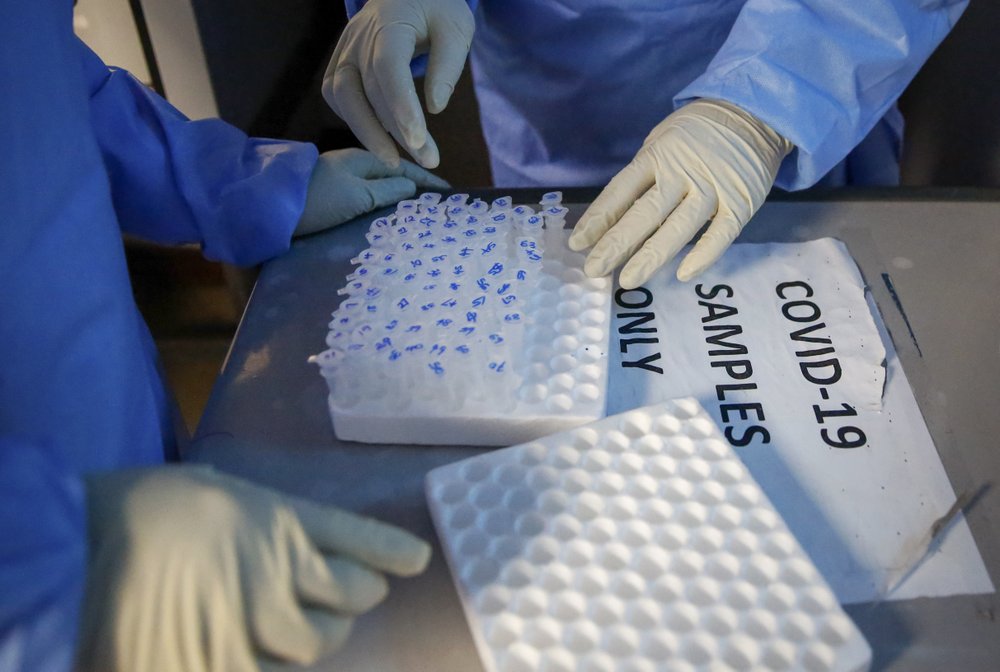The North Carolina Policy Collaboratory at UNC recently announced $430,000 in grants for three research projects regarding contaminants in water supplies in North Carolina, including GenX – a potentially toxic industrial compound that has been detected in the Cape Fear River.
The collaboratory, which has been funded by the state legislature for two years, exclusively sponsors projects that focus on environmental issues and natural resources.
The bulk of the nearly half-million dollars in grants will go toward evaluating emerging contaminants, such as GenX, in private wells.
Collaboratory executive director Brad Ives says the danger of these contaminants remains unknown.
“This is a chemical compound which wasn’t on a list of things to watch out for,” said Ives. “It’s in a category called ‘emerging contaminants,’ so that’s when the scientific community can recognize that there is a compound that’s being released through some kind of manufacturing process or perhaps even occurs naturally in nature that now could cause problems in humans.”
$50,000 in grants will also go toward developing an easy-to-read paper test to detect the presence of GenX in water and determine if additional analysis is necessary.
Ives says these tests could eventually cost only 50 cents.
“This is something that we could mail out to people in an affected area so they can periodically test their water and see if the specific GenX compound is in that water,” said Ives.
Ives believes that this is an excellent example of how UNC – Chapel Hill and the UNC System should handle public health issues.
“We’re moving ahead to figure out how to give people some quick comfort at home,” said Ives. “Do they have a problem? If they do, will a filter address that problem? That’s where we can take a lot of scientific expertise in public health and chemistry that UNC has and apply that to making life better for everybody.”







It’s great to provide funding for research – but the goal, based on the last quote, seems to be that the public should be held responsible for filtering this stuff – rather than the corporation: “We’re moving ahead to figure out how to give people some quick comfort at home,” said Ives. “Do they have a problem? If they do, will a filter address that problem?” – a filter may address their problem at home – with these pollutants – but what about the next. Filtration does nothing to address the sources of the problem – the corporate polluter and the lax environmental protections that allow for them to pollute. Our DEQ needs funds for staff and equipment to manage corporate polluters better. Our laws need to be strengthened so this doesn’t happen again. How many new filters should homeowners be required to get to handle all the crap that is allowed to flow into our water?